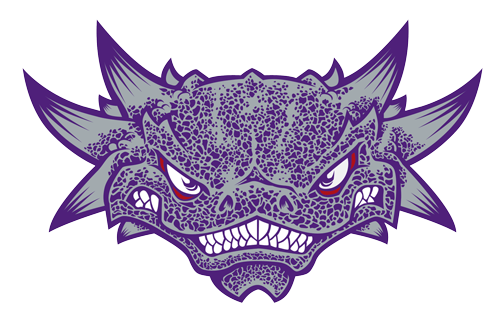Knowledge of an unfair situation going in to an unfair situation doesn't make it not unfair. The fact is that for 99% of elite athletes, the road to the NFL goes through college football, that disparate power structure makes any notion of "choice" rather suspect. To be fair, that has zero to do with the NCAA and far more to do with the NFLPA's policy of only allowing 3+ years out of high school to be drafted, but the NCAA certainly benefits from it.
The question you have to ask is whether or not it's morally correct that a league which is *wink wink* amateur but in all other manners operates as a professional league (with television rights contracts, branded merchandise, likenesses, ticket sales, etc), basically a Semi-Professional league generating millions of dollars, doesn't allow the players to be compensated. Or, at least not beyond primarily non-monetary that is officially only somewhat related to their athletic performance.

